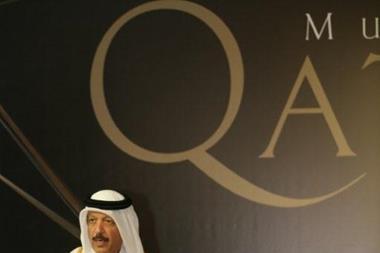2010 index shows a “serious corruption problem”
Corruption remains an obstacle to achieving much needed progress, according to Transparency International’s latest corruption perception index.
The 2010 results show that nearly three quarters of the 178 countries in the index score below five, on a scale from 0 (perceived to be highly corrupt) to 10 (low levels of corruption), indicating a serious corruption problem.
Denmark, New Zealand and Singapore tied for first place with scores of 9.3. Unstable governments, often with a legacy of conflict, continue to dominate the bottom rungs of the CPI. Afghanistan and Myanmar share second to last place with a score of 1.4, with Somalia coming in last with a score of 1.1.
“These results signal that significantly greater efforts must go into strengthening governance across the globe. With the livelihoods of so many at stake, governments’ commitments to anti-corruption, transparency and accountability must speak through their actions. Good governance is an essential part of the solution to the global policy challenges governments face today,” said Huguette Labelle, Chair of Transparency International (TI).
Some countries improved over last year, including: Bhutan, Chile, Ecuador, Macedonia, Gambia, Haiti, Jamaica, Kuwait, and Qatar. Similarly, a decline in scores from 2009 to 2010 can be identified for the Czech Republic, Greece, Hungary, Italy, Madagascar, Niger and the United States.
The general absence of OECD states among the improvers “underlines the fact that all nations need to bolster their good governance mechanisms”, said TI.
TI’s assessment of 36 industrialised countries party to the OECD anti-bribery convention, which forbids bribery of foreign officials, reveals that as many as 20 show little or no enforcement of the rules, sending the wrong signal about their commitment to curb corrupt practices.
To fully address these challenges, TI urged governments to integrate anti-corruption measures in all spheres, from the responses to the financial crisis and climate change to commitments to eradicate poverty. “The process of reform itself must be accelerated,” said Labelle.
TI also advocated stricter implementation of the UN Convention against Corruption, a global anti-corruption initiative.
“Allowing corruption to continue is unacceptable; too many poor and vulnerable people continue to suffer its consequences around the world. We need to see more enforcement of existing rules and laws. There should be nowhere to hide for the corrupt or their money,” said Labelle.
“Corruption continues to plague fledgling states, hampering their efforts to build and strengthen institutions, protect human rights and improve livelihoods, corrupt international flows continue to be considerable,” said TI in a statement.
Click here to access the index.



















